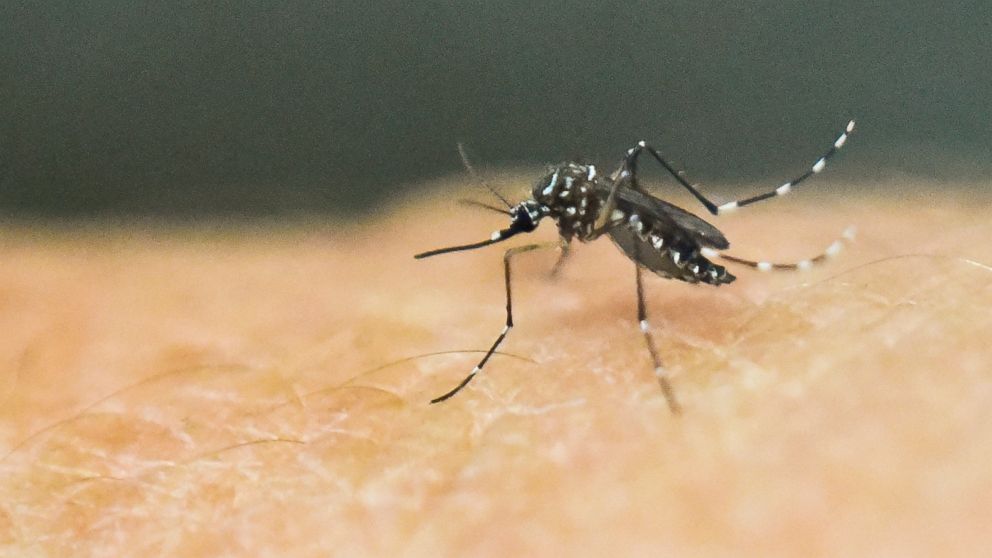Officials in Florida have reported four new cases of locally acquired dengue fever, bringing the total number of cases to 14 in the state. The virus continues to spread, raising concerns among health officials and residents alike.
Dengue fever is a mosquito-borne viral infection that causes flu-like symptoms such as high fever, severe headache, joint and muscle pain, rash, and mild bleeding. While it is not usually fatal, severe cases can lead to dengue hemorrhagic fever, which can be life-threatening.
The recent cases in Florida are particularly concerning because they were acquired locally, meaning that the individuals did not travel to areas where dengue is endemic. This suggests that the virus is now being transmitted within the local mosquito population.
Florida has a history of dengue outbreaks, with the last major outbreak occurring in 2013 when 28 cases were reported. However, the recent increase in cases is alarming, and health officials are working diligently to control the spread of the virus.
Mosquito control efforts have been intensified in affected areas, including increased spraying and larvicide treatments to eliminate mosquito breeding sites. Public health campaigns are also being conducted to educate residents about the importance of personal protection measures, such as using mosquito repellent, wearing long sleeves and pants, and eliminating standing water around homes.
The Aedes aegypti mosquito is the primary vector for dengue transmission. This species is known for its ability to thrive in urban environments and breed in small amounts of stagnant water commonly found in containers, flower pots, and discarded tires. Efforts to reduce mosquito populations are crucial in preventing further transmission of the virus.
Local health departments are actively monitoring for additional cases and conducting investigations to identify potential sources of transmission. It is important for individuals who experience symptoms consistent with dengue fever to seek medical attention promptly and inform healthcare providers about their recent travel history.
In addition to the local transmission, Florida also faces the risk of imported cases. With its large international tourist population and close proximity to countries where dengue is endemic, there is a constant threat of infected individuals bringing the virus into the state. Health officials are closely monitoring travel-related cases and implementing measures to prevent further spread.
The persistence of dengue in Florida highlights the need for ongoing surveillance, mosquito control efforts, and public awareness campaigns. It is crucial for individuals to take personal responsibility in protecting themselves from mosquito bites and eliminating mosquito breeding sites to reduce the risk of dengue transmission.
As the summer months approach, when mosquito activity typically increases, it is important for residents and visitors to remain vigilant and follow recommended preventive measures. By working together, we can reduce the impact of dengue fever and protect the health of our communities.



